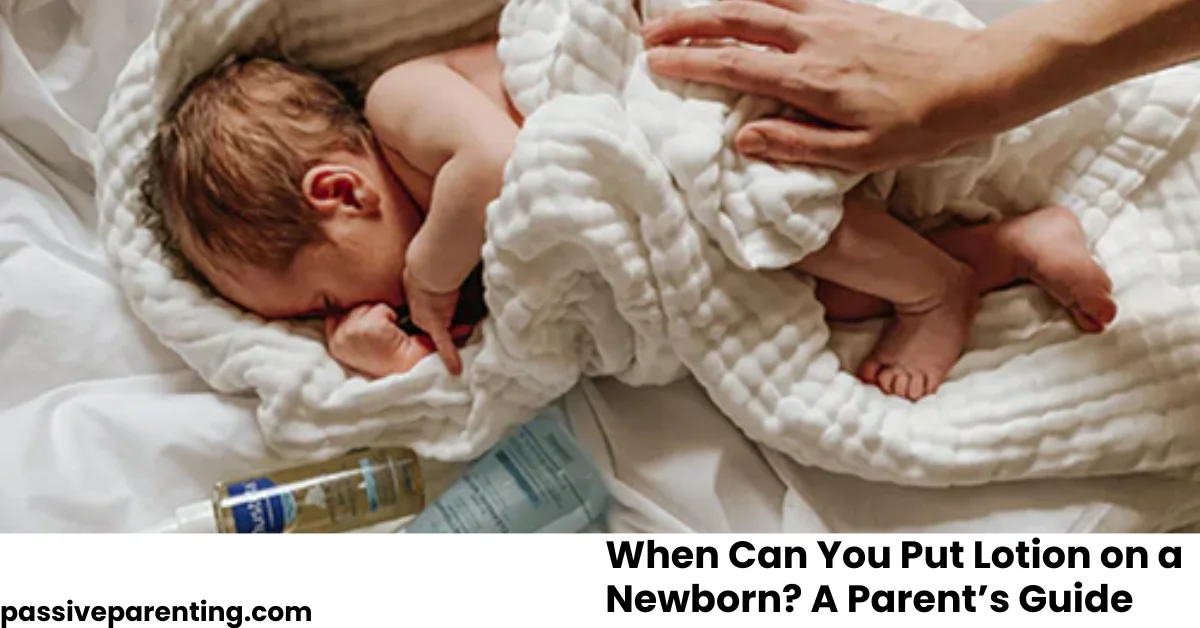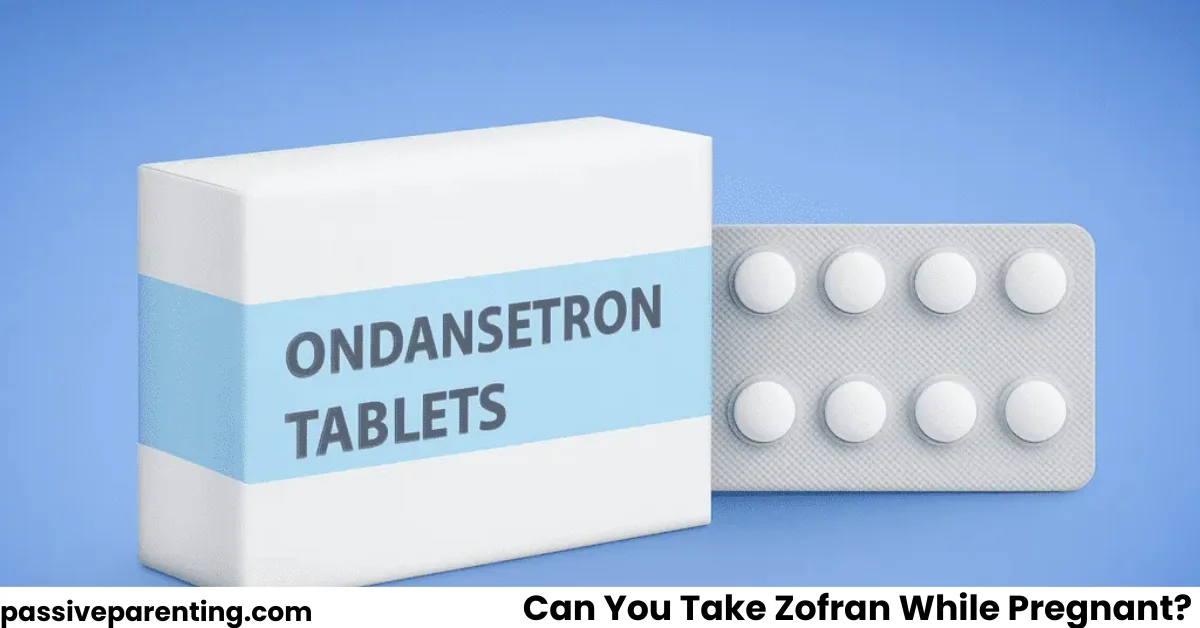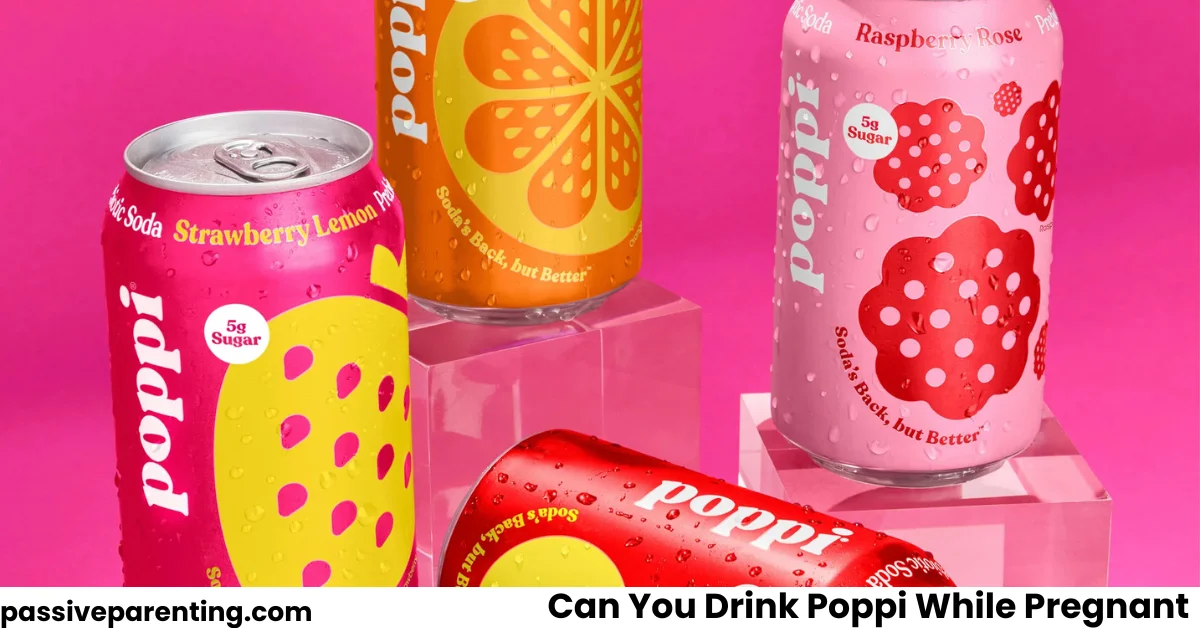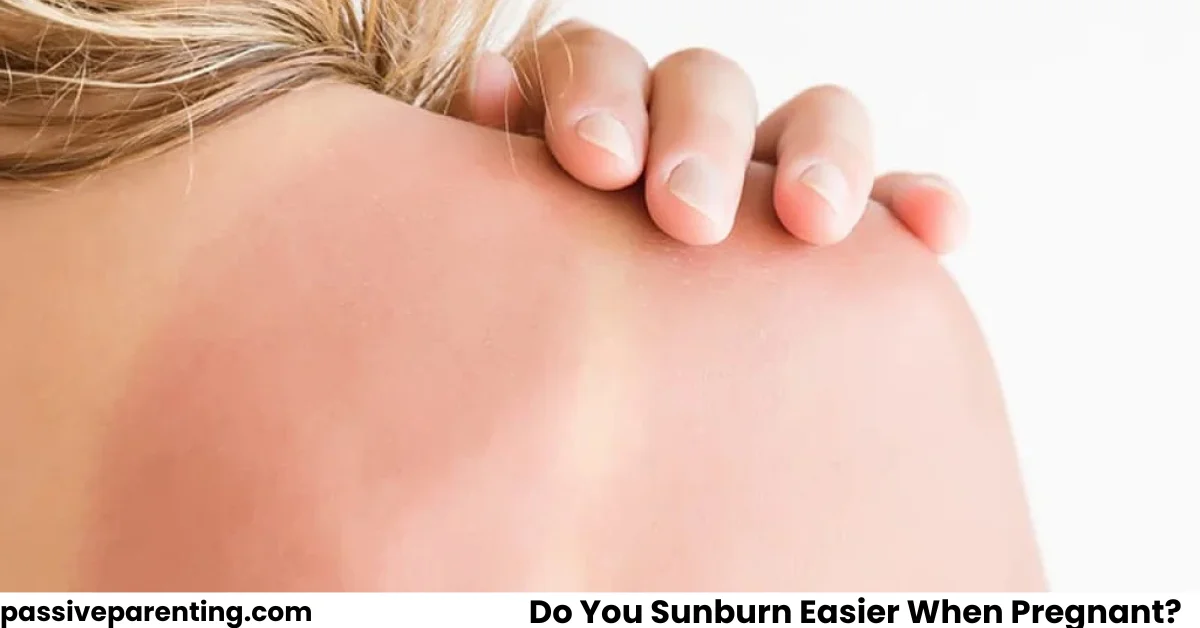Bringing your baby home is full of wonder. Many parents quickly notice how soft—and sensitive—their baby’s skin is. You may wonder: when can you put lotion on a newborn? Let’s walk through newborn skincare from trusted sources to help you decide what’s best for your little one.
What Makes Newborn Skin Different
Newborn skin is physically different than adult skin. Babies are born with a protective layer called vernix caseosa—a natural moisturizer that also helps guard against infection during their first days NHS.
For the first few weeks, it’s common to see peeling or dryness—especially on the hands and feet—and that typically doesn’t require lotion Mayo Clinic
When Is It Safe to Use Lotion on a Newborn?
Most pediatric experts recommend holding off on lotions for the first few weeks. Unless your baby has noticeable dryness, no extra moisturizers are needed American Academy of Pediatrics
- First 3–4 weeks: Avoid lotions.
- After 4–6 weeks: It’s generally safe to introduce a gentle, fragrance‑free lotion if dryness persists (always check with your pediatrician first) NHS—Skincare for newborn babies
- Premature babies: Their skin takes longer to mature—usually you wait 6–8 weeks before introducing lotion.
Do Babies Actually Need Lotion?
Most newborns don’t. But lotions can help if your baby has:
- Dry or flaky areas
- Chapped skin
- Eczema-like patches (as advised by your pediatrician)
In general, letting the skin heal naturally is best unless dryness is causing discomfort or irritation.
Quick Tips for Parents
Quick Tips / Takeaway Box
- Avoid lotions in the first few weeks unless dryness is significant.
- When needed, choose fragrance-free, hypoallergenic baby lotions.
- Always do a patch test before widespread use.
- If you notice rashes or irritation, consult your pediatrician.
How to Apply Lotion Safely
- Pick a gentle product—look for terms like “fragrance-free” and “hypoallergenic.”
- Patch test—use a small amount on one area and observe for 24 hours.
- Apply gently—use clean hands, focus on dry areas, and massage lightly.
- Limit use—once a day is sufficient for most babies. Overuse may irritate.
Can You Put Lotion on a Baby’s Face?
Yes, but carefully. Facial skin is thinner and more prone to irritation. Use only a tiny amount and avoid areas like the eyes, nostrils, and mouth. Opt for products made specifically for sensitive or newborn facial skin Mayo Clinic
Choosing the Best Lotion for Newborns
When you do need lotion, these options are typically recommended by pediatric and dermatology experts:
- Petroleum jelly or ointment—effective for locking in moisture
- Neutral‑pH, preservative‑free baby creams—introduced slowly after the first few weeks NHS—Baby skincare guidance
When to Call the Doctor
Don’t assume all dryness is harmless. Contact your pediatrician if you see:
- Worsening or spreading rash
- Oozing, crusty, or bleeding areas
- Persistent eczema despite moisturizers
- Yellowish, crusty patches on the scalp extending beyond (might be cradle cap)
Conclusion
Your newborn’s skin usually doesn’t need lotion at first—their natural protections are designed to work. After about one month, if the skin seems dry, you can introduce a gentle, baby-safe lotion carefully and sparingly. Always monitor for any reactions and consult your pediatrician when in doubt.
Gentle, conscious care is the best gift you can give your baby’s skin.
FAQs
What if I accidentally put lotion on my newborn too early?
It could irritate their immature skin or even trigger rashes. Pay attention and pause if any redness appears.
Is coconut oil safe for newborn skin?
While often used, coconut oil may clog pores or cause allergic reactions. It’s best to consult your pediatrician first.
How often should I bathe my baby if you’re concerned about dry skin?
Typically, just 2–3 times per week in warm—not hot—water is enough. Daily baths can dry the skin further HealthyChildren.org — Bathing Your Newborn (AAP).
Will lotion help with baby acne?
No. Baby acne usually clears up on its own. Using lotion may irritate the condition further Mayo Clinic — Baby acne treatment.




